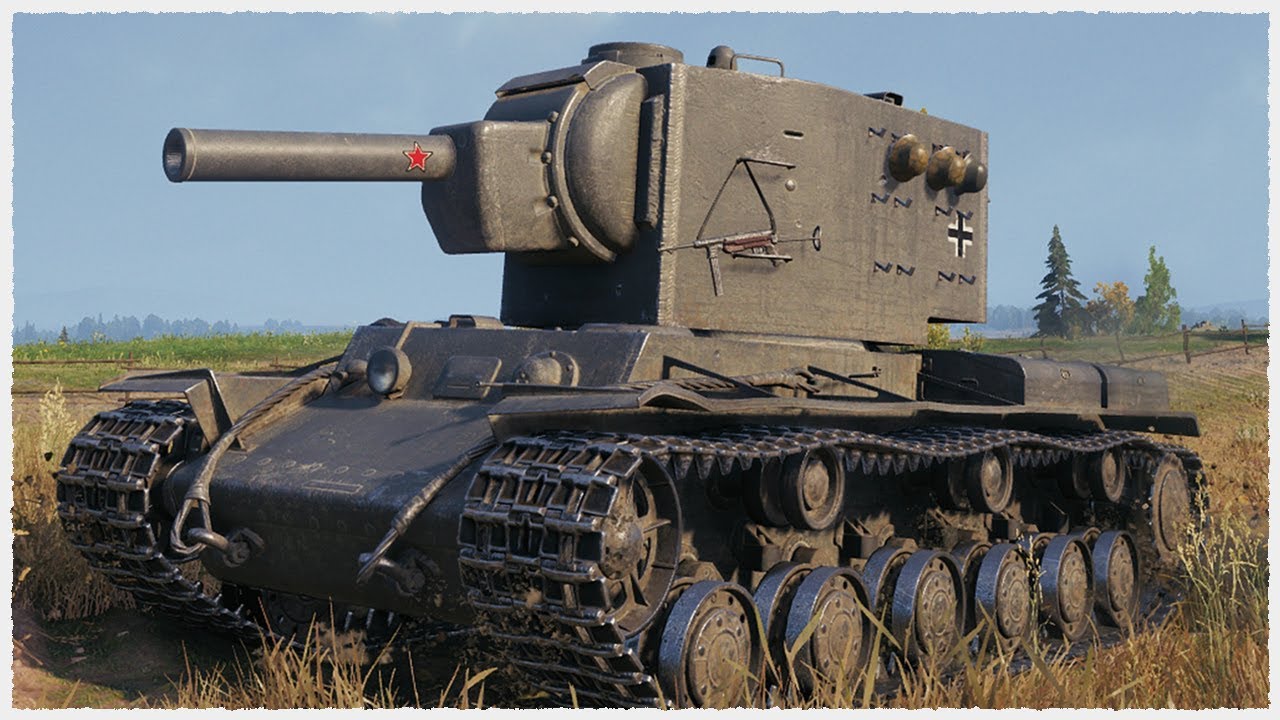As the title says. This is something that has always confused me, but why was it so easy to dismantle the Soviet Union? The blame is usually put in Gorbachev and Yeltsin, but the Union wasn’t governed by just a single man. The whole CPSU was responsible for the government’s actions. How was it, that these opportunists managed to get in there and just tear the country apart?
Also, how was it impossible to restore the previous order? So Yeltsin, a liberal sell out, is in power and nothing can be done to remove him and restore socialism? Why were the protests to bring back socialism not enough?
I think the means of productions just hadn’t reached the level of development required for the transition to new relations of production. Namely, there wasn’t automation that would eliminate routine alienated work and also make production decentralised. On the other hand, centralised alienated production started to get very fragmented (yes, centralised but fragmented), leading to the centralised form of property Soviet socialism was based on becoming no longer suitable for its fragmented content. So even though people protested, their economic needs unknowingly drove them to capitalism. It was a collective unconscious necessity.
It is a good example of an internal dialectical contradiction where something is two polar things at the same time.
It took almost 70 fucking years to end something the west claimed won’t survive a decade. What do you mean by ‘easy’?
Chinese scholars argue that at the base of it was Historical Nihilism (slandering Stalin, Lenin, and the Party and distortion of history) leading to the undermining of CPSU’s political legitimacy and loss public trust in socialism. There are many articles about this topic, like this one: https://interpret.csis.org/translations/the-symptoms-damages-and-lessons-of-historical-nihilism-in-the-communist-party-of-the-soviet-union/
There’s even a long documentary produced by CPC on the topic: https://youtube.com/playlist?list=PL8R-uen6FfFw02bDeh625OKEJ0i5ZS_u8
There already was an immense amount of pressure from outside and inside. The Baltic republics had turned extremely anticommunist, they had failed in Afghanistan and were getting hit by the blowback from that, and Gorbachev’s policies had given a ton of power to oligarchs who made it difficult for the government to change course. Doesn’t help that Yeltsin bombed parliament when they tried to stop the USSR from dissolving, too, of course, but at that point you’re looking at the conclusion of something that had been coming for years.
Sorry, but which oligarchs? The SU shouldn’t have any oligarchs.
Yeah, so what you’re missing is the liberalization period. The SU under Kruschev and his faction decided to steer the country towards liberal reforms which allowed for private accumulation of capital. It also adopted a strategy of trying to become friendly with the West in a failed attempt to co-dominate the world with them.
In essence, the SU didn’t go quickly, it took decades.
Just because they shouldn’t doesn’t mean they didn’t. The Law on Cooperatives, which came about in 1988, allowed for private ownership of businesses in the services, manufacturing, and foreign-trade sectors. The reforms created by Perestrokia set the conditions that allowed for oligarchs to come into power. Take Boris Berezovsky, for example. From Wikipedia:
In 1989, Berezovsky took advantage of the opportunities presented by perestroika to found LogoVAZ (Russian: ЛогоВАЗ) with Badri Patarkatsishvili and senior managers from Russian automobile manufacturer AvtoVAZ. LogoVAZ developed software for AvtoVAZ, sold Soviet-made cars and serviced foreign cars.[39] The dealership profited from hyperinflation by taking cars on consignment and paying the producer at a later date when the money lost much of its value.[40]
There obviously is a lot more historical development that led to this point in USSR history, but Perestrokia really set the stage for capital accumulation, it would seem. Early on in these reforms it seems that many of the oligarchs were also members of the Soviet state; again, see Wikipidia.
The majority of oligarchs were promoted (at least initially) by the Soviet apparatchiks, with strong connections to Soviet power-structures and access to the funds of the Communist Party.[4][12][13] Boris Berezovsky himself was Head of the Department of System Design at another Academy of Sciences research centre. His private company was established by the Institute as a joint venture.[14] Mikhail Khodorkovsky started his business importing computers under auspices of the Komsomol-authorised Center for Scientific and Technical Creativity of the Youth in 1986, briefly serving as a deputy secretary of the Komsomol for a district in Moscow in 1987. His move into banking two years later was funded with the support of Komsomol alumni working in Moscow city government. Later, he served in the Russian government as an adviser to the prime minister and a deputy minister of fuel and power while still running his business.[15] Vladimir Vinogradov was the chief economist of Promstroybank, one of the six banks existing in the Soviet Union,[16] previously serving as the secretary of Atommash plant Komsomol organisation.[15]
Lessons from the collapse of the USSR: What China learned
Easy? It took 77 years of constant pressure to dismantle the USSR. They were under attack both militarily and economically from the first moment. The only time the pressure let up an iota was when the liberals created fascism and convinced the Soviets to fix their mistake and then there was significantly increased pressure from the fascists themselves.
There was nothing easy about it.
My armchair points:
-
It was the first socialist state in history, first attempts at anything are rarely successful.
-
The USSR had to inherit the absolute mess the Russian Empire left over with a lot of anti-Russian sentiment left over in the peripheral republics. Over time their Anti-Russianism morphed into anti-communism.
-
WW2 killed much of the ideologically disciplined vanguard and forced the USSR to lower the standards of who was recruited in.
-
Western propaganda and sabotage. An obvious point but a point nonetheless. The US dwarfed the USSR’s soft power influence with USSR having little to compete with the likes of Hollywood and whatnot.
-
Economically competing with rest of the world while isolated and alone is an extremely tall task no matter the merits of your education and workforce.
-
I wrote a comment on that recently






